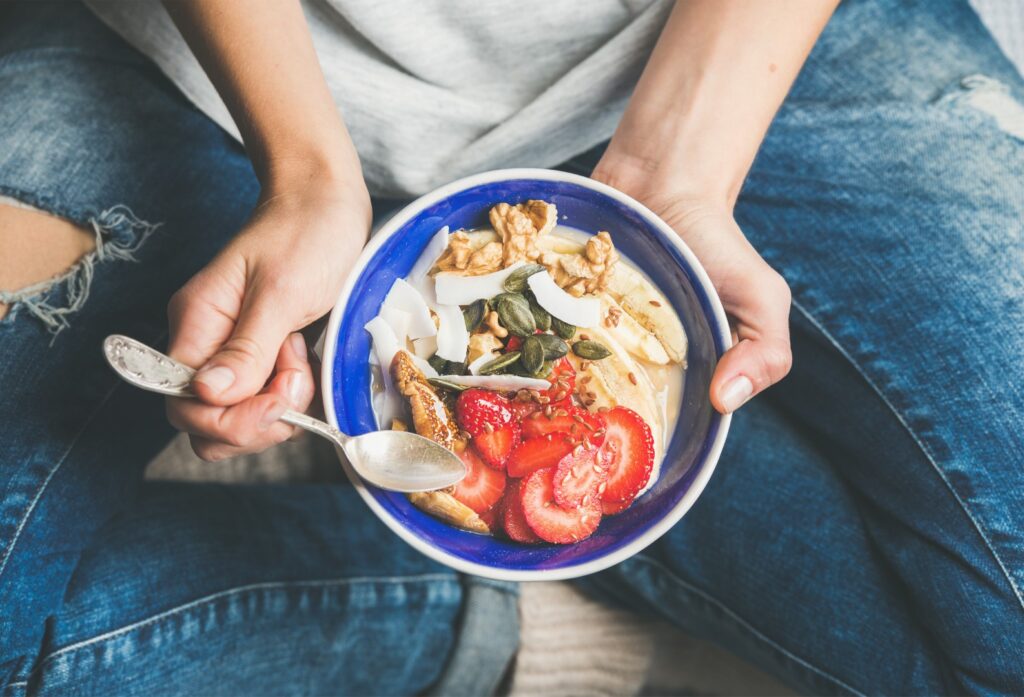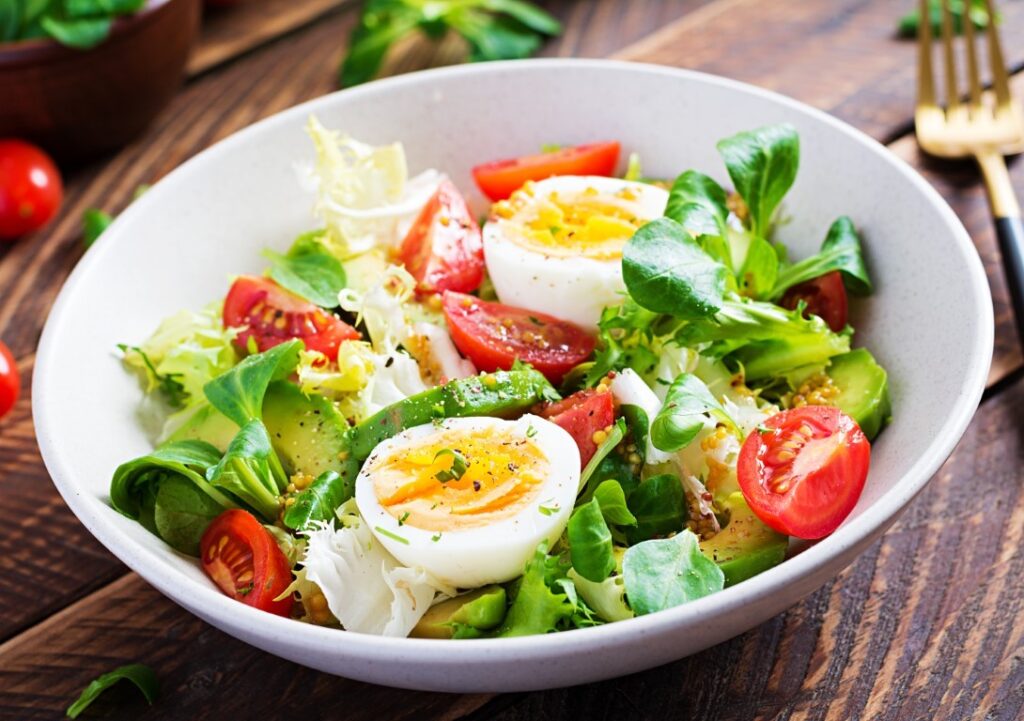Platelets are, in basic words, blood-clotting cells. When there is any damage to the inner lining of blood vessels, platelets band together in an effort to repair it. Normally, there are between 1.5 million and 4 million platelets per microliter of blood. Any number below 1.5 million is termed thrombocytopenia, whereas any number beyond 4 million is termed thrombocytosis.
The structure of platelets is pretty remarkable. When platelets are dormant, they assume the shape of little plates. However, when they are triggered by signals emitted by injured blood arteries, they transform into a sticky substance that may stop any bleeding.

Notably, one of the causes of heart attacks is the activation of these platelets to an extreme degree. When there is damage to the heart’s blood arteries, the platelets form a thrombus, which is a mass of platelets and other substances. This thrombus totally obstructs a blood artery, which may result in a heart attack.
How COVID Can Affect Platelet Count:
Exhaustion and weariness have been documented as indicators of a decrease in platelet count. As a consequence of viral infections, the number of platelets in the blood decreases, and as Covid is also a severe kind of viral infection, the decrease in platelet count may be an early sign of Covid-19. A meta-analysis of a group of individuals with covid indicated that those with a severe case of Corona had a significantly lower average platelet count than those with a lesser infection.
It has been discovered that platelets perform a protective function against inflammatory and infectious viral responses. By avoiding microbial infections, these cells integrate thrombotic and immune roles. Blood platelets engage directly with viruses through receptors and absorb infections and microorganisms that have aggregated. In addition, they aid in the development of leukocyte aggregates and endothelial defence.
How to Increase Platelet Count:
Diet and exercise alone are insufficient to increase platelet count. In order to restore normal platelet counts, some illnesses, such as dengue fever and viral fever, may need the intravenous administration of platelets in the form of a platelet transfusion.
Therefore, if you are seeking for natural ways to enhance platelet counts, the list of foods below should be of some assistance.

1. Milk
Milk is a well-known source of calcium and protein and is essential for maintaining the health of our bones and muscles. Even more intriguing is the fact that milk includes vitamin K, a vital component in our body’s blood clotting system. In addition, it is considered that frequent milk intake may improve total blood platelet counts. Therefore, if you are seeking for home treatments to boost platelets, be sure to consume milk on a regular basis.
2. Green Leafy Vegetables Green leafy vegetables are a rich source of vitamin K, which is vital in the blood-clotting pathway, as described before. However, they also have the ability to increase platelet counts to some degree. In addition to parsley, basil, spinach, and celery, vegetables such as asparagus, cabbage, and watercress are also beneficial for boosting platelet count.
This is perhaps the most used treatment for low platelet counts. If you are seeking for a way to improve your platelet count while suffering from dengue fever, taking a couple of glasses of papaya leaf extract on a daily basis can do the work. It is unclear how this really works, however clinical experiments have showed that papaya leaf extract significantly increases platelet counts in cases of viral fever.
However, papaya leaf juice may be rather bitter, causing nausea and potentially even vomiting in some individuals. In this case, pills with the same amount of extract required to increase platelet counts are now accessible in India.
Pomegranate: Pomegranate seeds are rich in iron and may significantly boost blood levels. If platelet counts need to be boosted, pomegranate is now suggested as a fruit that must be ingested frequently. If you are seeking for a way to enhance your platelet count while suffering from malaria, consider eating a bowl of pomegranate fruit twice each day. In addition, pomegranate includes various antioxidants and vitamin C, which may help improve the immune system and successfully combat illnesses.
Pumpkin is another meal with remarkable characteristics for raising platelet count. This is due to the fact that it includes vitamin A, which may increase the number of platelets generated by the bone marrow.
Other nutrients Rich foods like carrots, sweet potatoes, and kale are also advantageous. If you are seeking ways to improve your platelet count during pregnancy, you may want to discuss increasing your consumption of these foods with your doctor.
Wheatgrass has large quantities of chlorophyll, which is physically comparable to human blood’s hemoglobin. In addition to enhancing the number of platelets, it also increases the number of red blood cells and white blood cells in the blood. Wheatgrass drinks produced from fresh wheatgrass may be highly beneficial for increasing platelet count during chemotherapy.
The following nutrients may increase platelet count:
1. Vitamin B-12
Vitamin B 12 is vital for maintaining healthy blood cells. Vitamin B 12 deficiency might result in a decreased platelet count. Eggs, liver, and shellfish are all excellent sources of this vitamin.
2. Iron
Iron is an essential vitamin that helps the body produce red blood cells. Iron deficiency is connected with low platelets and haemoglobin levels, which may result in anaemia. Iron-rich foods include dark green vegetables such as spinach, lentils, pumpkin seeds, unripe bananas, and guava.
Your hunt for the most effective Iron supplements ends here! Check out – Health and Wellness Nutrition Melts Nano Iron
3. folic acid
Folates are a form of the vitamin B complex. This mineral, also known as folic acid, is helpful for all types of cells in the body, including red blood cells. Peanuts, oranges, kidney beans, lentils, etc., are all rich sources of folates.
4. Vitamin C
Vitamin C levels and platelet counts are highly correlated. Vitamin C is crucial for enhancing and maintaining the body’s immunity. Vitamin C facilitates iron absorption and increases platelet count. Great sources of Vitamin C include lemons, lime, oranges, pineapples, etc.



